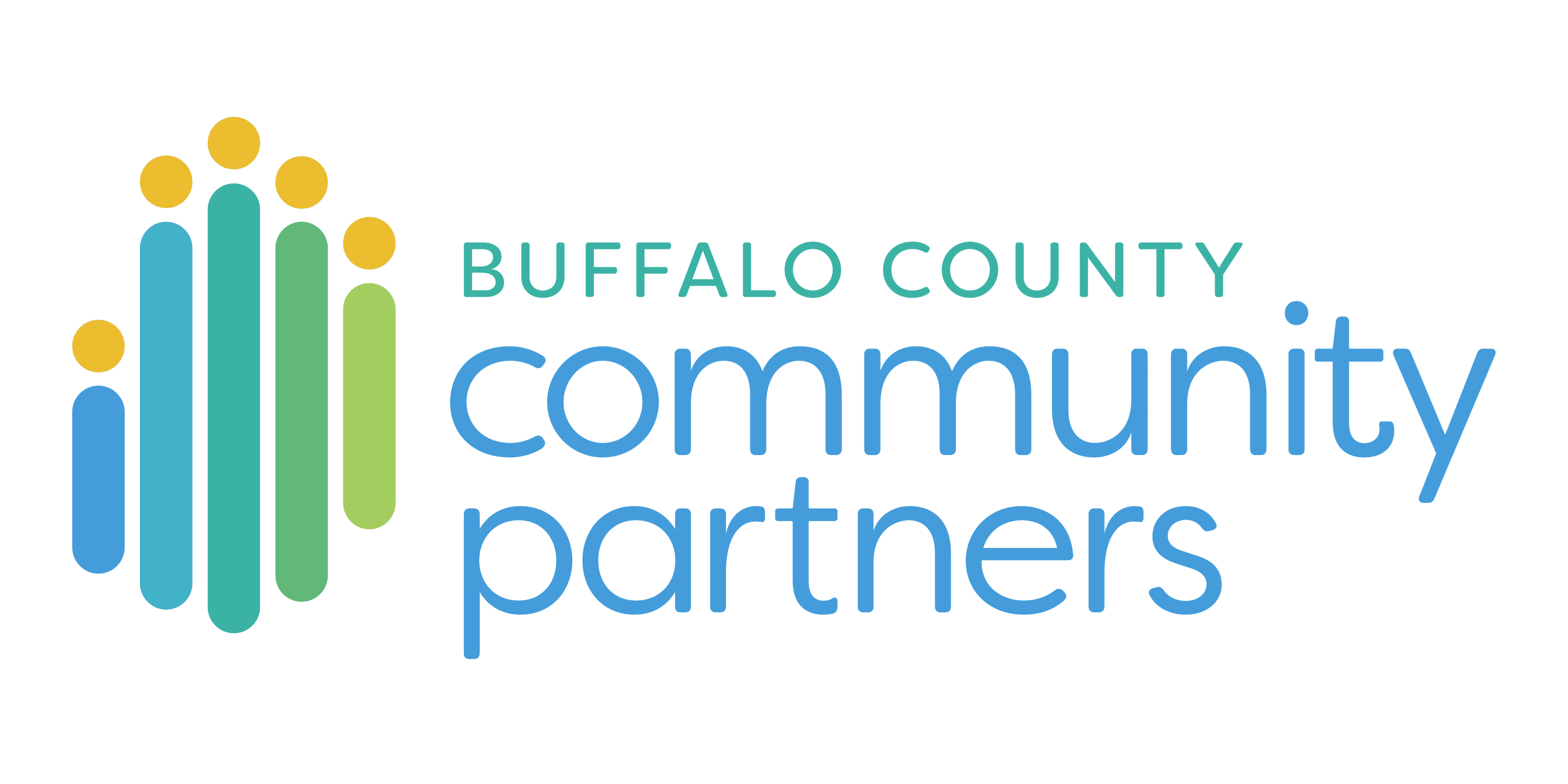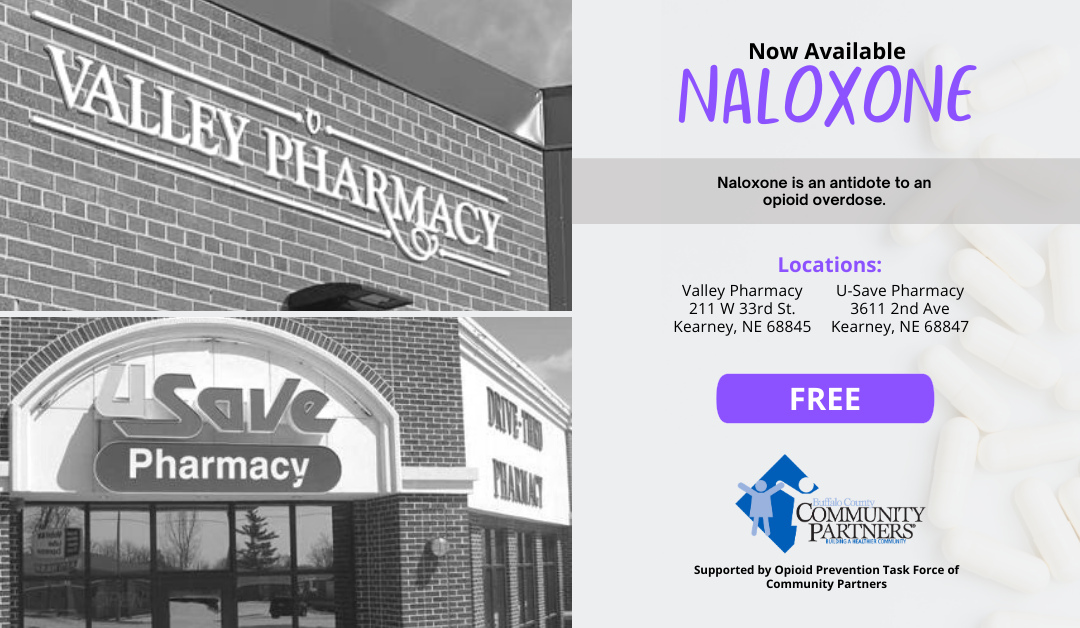The Nebraska Department of Health and Human Services Division of Behavioral Health is teaming up with the Nebraska Pharmacists Association and Region III Systems for a statewide project that will distribute free naloxone nasal spray kits at Valley and U-Save Pharmacy, Kearney, Nebraska, beginning February 24, 2021.
“Our partnership with both pharmacies, DHHS, and Behavioral Health Region Systems will allow family members or friends of a person at risk of opioid overdose or the person at risk of opioid overdose themselves to access naloxone nasal spray at no cost. This program has the potential to save lives in Nebraska”, said Nebraska Pharmacists Association Project Coordinator Sarah Hunter.
Chief of Police, Bryan D. Waugh, Kearney Police Department, said Kearney Police Department recently had a successful field use of Narcan, saving the life of a person during an opioid overdose. “Unfortunately, our community is no different than any other across the United States, we are impacted by the dangers of illegal and dangerous drugs. All Kearney Police Officers carry Naloxone, often referred to as Narcan, a medication designed to rapidly reverse an opioid overdose. The availability of Narcan beyond Police and EMS will only serve to save more lives, as we work together to address the root of the problem, access to illegal narcotics and addiction,” said Chief Waugh.
Naloxone is an antidote to an opioid overdose. Opioids are medications that act on receptors in the spinal cord and brain to reduce pain intensity and activate reward regions in the brain, causing the euphori4a that can lead to misuse and opioid use disorder. Common opioids include prescription medications used to treat pain, such as morphine, codeine, methadone, oxycodone, hydrocodone, fentanyl, and hydromorphone, and illicit drugs as heroin.
Naloxone binds to the opioid receptors in the brain, preventing opioids from binding there, which can temporarily reverse an overdose. Naloxone is not a controlled substance and cannot be abused, and only works if opioids are present in the system.
According to Nebraska Department of Health and Human Services data, in 2018, 154 people in Nebraska died of a drug overdose, at least 60 involved opioids. Nebraska’s drug overdose death rate was 8.2 overdose deaths for every 100,000 people in 2018
“A rise in the incidence of overdose necessitates that first responders, law enforcement, and those in a position to help someone who may experience, and opioid overdose possess adequate resources to respond rapidly when faced with an overdose victim,” said Tiffany Gressley, Prevention Systems Coordinator, Region 3 Behavioral Health.
Changes to Nebraska law in 2016 and 2017 removed barriers for the administration of naloxone for first responders, law enforcement, and Good Samaritans. “It is about saving lives in our community,” said Gressley.
The Naloxone program has support from the Opioid Prevention Task Force of Community Partners. – https://bcchp.org/opioid/
*Department of Health and Human Services data: https://ago.nebraska.gov/sites/ago.nebraska.gov/files/doc/Strategic%20Initiatives%20Update%202020.pdf

